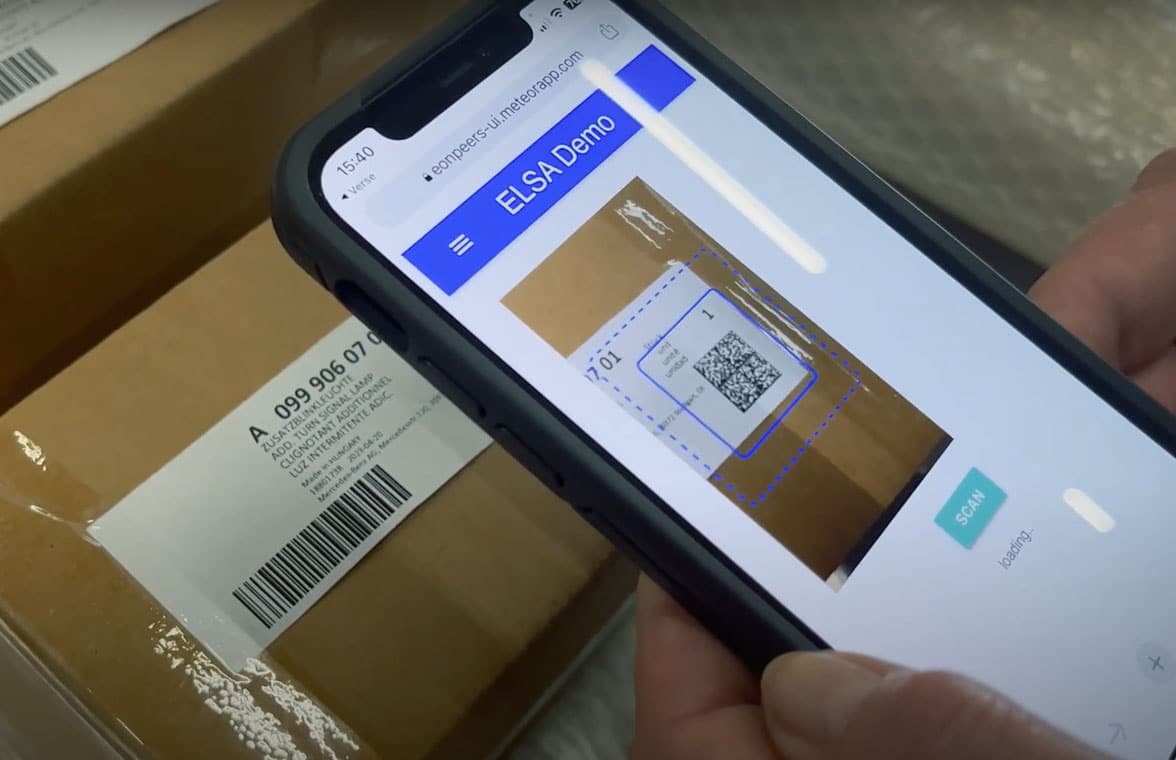
The European Union Intellectual Property Office (EUIPO) has announced plans to introduce an open source product authentication platform that will enable brands to trace their products throughout the supply chain, from their point of manufacture anywhere in the world to their final destination in the EU — and, ultimately, through to the end-consumer.
The new EBSI-ELSA platform is designed to assist in combating the €412bn (US$450bn) a year global trade in counterfeit goods by providing a scalable, decentralised, blockchain authentication platform that can be used by brands to prove the authenticity of their products.
It is set to go live by the end of 2023 following an operational pilot involving four brands, two logistics operators and a customs authority that tracked product journeys from manufacturing sites outside Europe through to their arrival at an EU border and then onwards to EU-based local distribution centres.
EBSI-ELSA combines the European Blockchain Services Infrastructure with the concept of digital twins to provide each individual product, or shipment of products, with a machine-readable label that takes the form of a QR code, RFID or NFC tag.
Each label embeds a serialisation code that is protected by the brand owner’s signature and authenticated by its EU IP rights in order to create an immutable link between the serialised code of the real product and its digital representation.
The platform has two components:
- Identity register: This provides brand owners with verifiable credentials to sign digital twins of physical products. Relying on existing EUIPO registers for trade marks and designs, it also acts as a public repository for verified brand owners’ signatures to all parties in the chain.
- Logistic open protocol: This offers a common language for track and trace providers and brand owners to collect and share data for anti-counterfeiting operations. Using blockchain, this protocol also notarises an audit trail of the product shipment history and relevant events.
A unique identifier for each product is not required, the EUIPO says, “but it’s strongly recommended since it provides real business-to-consumer (B2C) value for brand owners.
“If a unique product identifier is used, the digital twin can preserve product authenticity and serialisation integrity, while also offering additional B2C opportunities if the digital twin is offered to the end user upon purchase, such as loyalty or after-sale programmes and the second-hand market.”
“A significant number of European consumers are unsure of the authenticity of the products they buy, according to several surveys,” it adds.
“The EBSI-ELSA initiative aims to reassure and protect consumers, while providing comprehensive support to intellectual property (IP) rights holders from initial filing to enforcement.”
A video shows the platform in action.
Next: Visit the NFCW Expo to find new suppliers and solutions